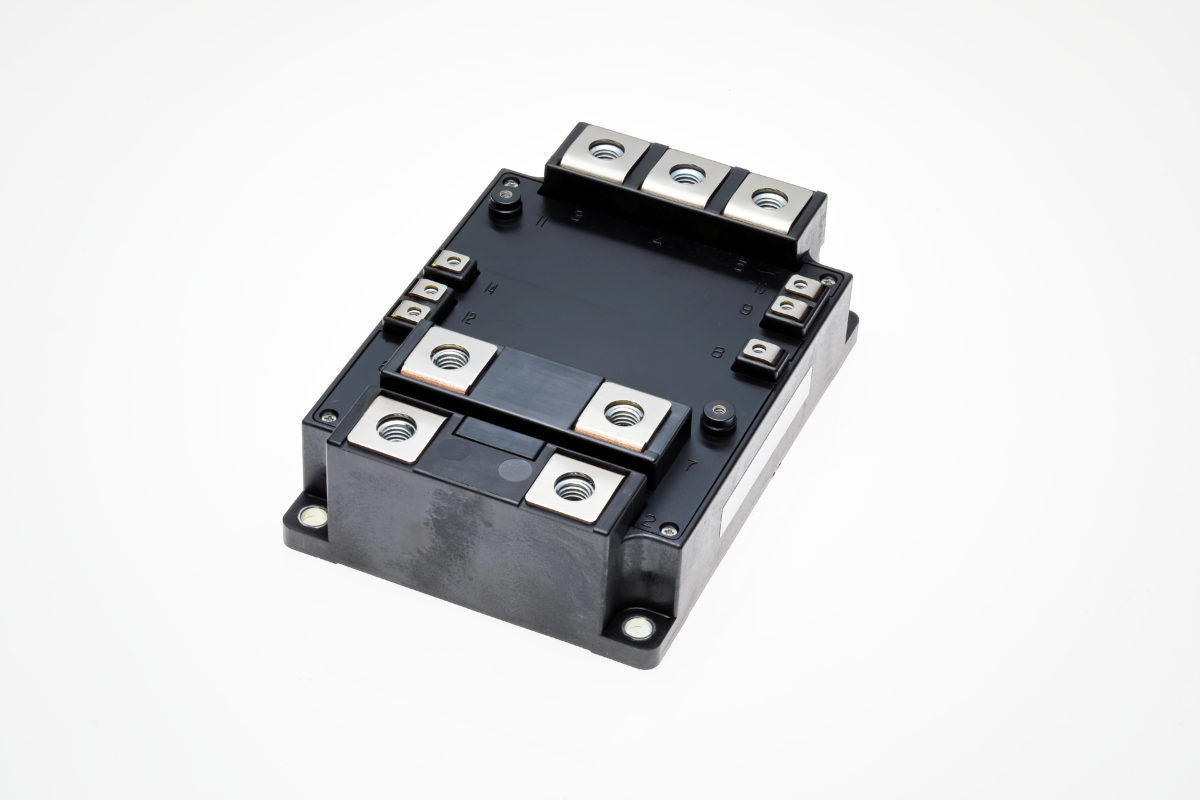Japan's Mitsubishi Electric has unveiled a new IGBT module for applications in large-scale PV installations. The company claims the device helps to reduce the number of inverters needed in grid-connected PV installations, while providing for simultaneous high-voltage operation and low power losses.
The 2.0kV LV100 device is based on the company's latest IGBT technology and Relaxed Field of Cathode (RFC) diodes. It is designed for industrial applications that require a “middle ground” power converter between DC1500 V and 3.3 kV.
“More and more power grids that use renewable energy require increasingly higher-voltage power conversion to support DC1500 V,” said Adam Falcsik, senior product manager for power devices at Mitsubishi Electric US. “The latest industrial LV100’s 2.0kV rated withstand voltage has been developed for photovoltaic applications where conventional 1.7 kV-rated IGBTs are not sufficient for large-capacity systems and simplifies the design of DC1500 V power converters, especially for renewable-energy power sources.”
The manufacturer says its LV100 IGBT can convert electricity from solar and storage more efficiently for transmission to the grid, as it reduces overall power consumption in PV equipment.
IGBTs are based on an insulated metal-oxide-semiconductor (MOS) gate structure and have a similar architecture as that of power MOSFETs. They are mostly based on silicon and are commonly used in all kinds of electronic devices for switching and to amplify electronic signals. IGBTs are voltage-controlled like MOSFETs, but have also the output switching and conduction characteristics of bipolar transistors.
IGBTs are used in inverters, converters and power supplies in applications for which bipolar transistors and MOSFETs are not ideal. In fact, the former might be too expensive.
Mistubishi said mass production of the LV100 will begin in early 2023.
This content is protected by copyright and may not be reused. If you want to cooperate with us and would like to reuse some of our content, please contact: editors@pv-magazine.com.




Rather impressive..
IGBT is good alternative innovation and switching solar to grid power systems. Thank you.